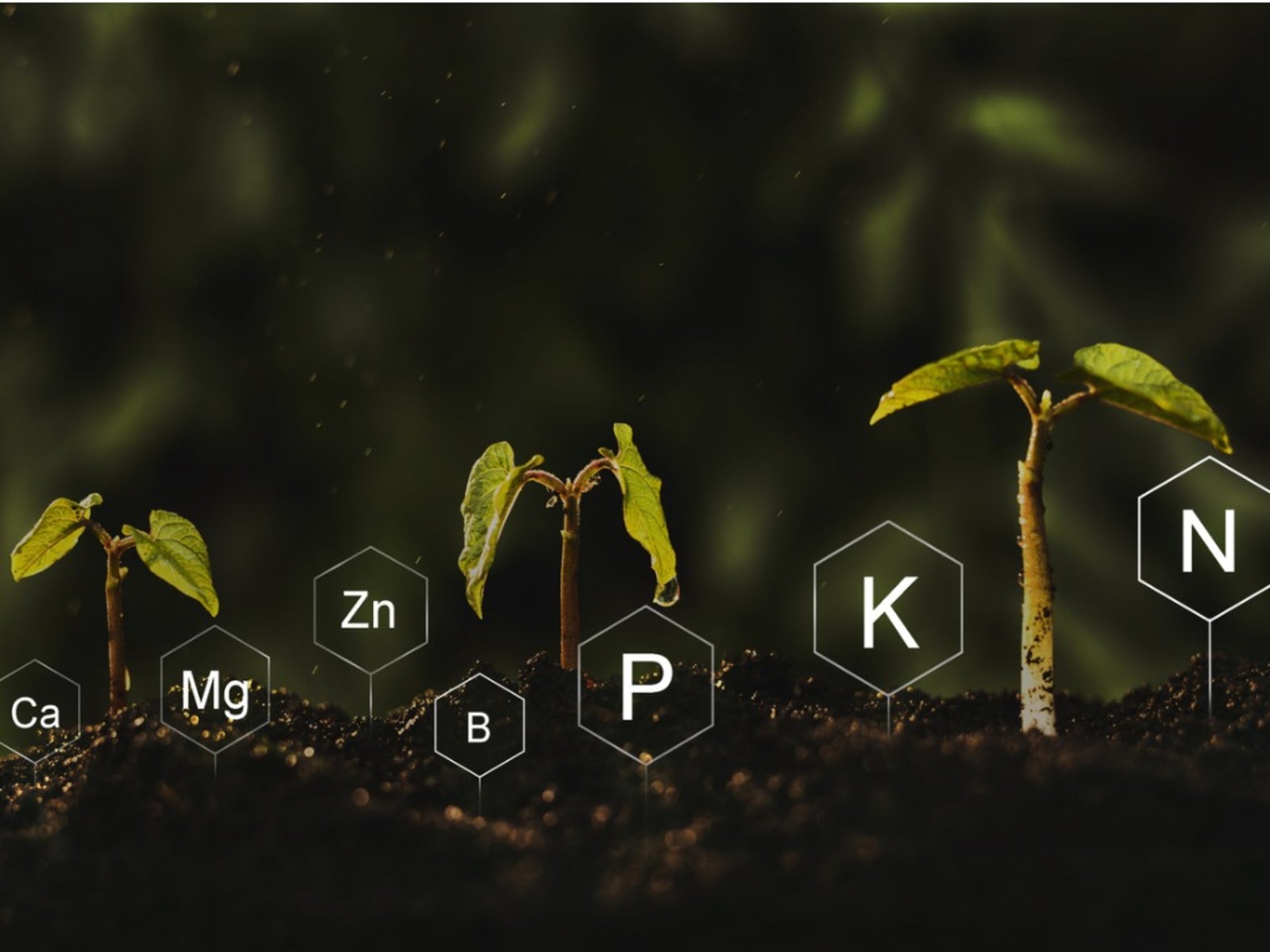Excess Nitrogen In Soil - How To Amend Too Much Nitrogen In The Soil


Too much nitrogen in soil can harm plants, but while adding nitrogen is relatively easy, removing excess nitrogen in soil is a little trickier. Reducing nitrogen in garden soil can be done if you have patience and a little knowledge. Let's look at how to amend too much nitrogen in the soil.
Tips for Lowering Soil Nitrogen Content
Using Plants That Will Reduce Nitrogen in Garden Soil
In order to remove excess nitrogen in soil, you need to bind the nitrogen that is in the soil to something else. Fortunately, as a gardener, you probably grow many things that bind nitrogen -- in other words, plants. Any plant will use some nitrogen in the soil, but plants like squash, cabbage, broccoli and corn use up large amounts of nitrogen while growing.
By growing these plants where there is too much nitrogen in soil, the plants will use up the excess nitrogen. Be aware though, that while they will grow there, plants may look sickly and will not produce many fruits or flowers. Keep in mind that you are not growing these plants for food purposes, but rather as sponges that will help lower soil nitrogen content.
Using Mulch for Removing Excess Nitrogen in Soil
Many people use mulch in their garden and have problems with the mulch depleting the nitrogen in the soil as it breaks down. When you have too much nitrogen in the soil, you can use this normally frustrating problem to your benefit. You can lay mulch over the soil with too much nitrogen to help draw out some of the excess nitrogen in the soil. In particular, cheap, dyed mulch works well for this.
Cheap, dyed mulch is generally made from scrap soft woods and these will use higher amounts of nitrogen in the soil as they break down. For this same reason, sawdust can also be used as a mulch to help reduce nitrogen in the soil. When you have too much nitrogen in soil, your plants may look lush and green, but their ability to fruit and flower will be greatly reduced.
While you can take steps towards reducing nitrogen in garden soil, it's best to avoid adding too much nitrogen to the soil in the first place. Use organic or chemical fertilizers with nitrogen carefully. Test your soil before you add any nitrogen to the soil to avoid having excess nitrogen in your soil.
Gardening tips, videos, info and more delivered right to your inbox!
Sign up for the Gardening Know How newsletter today and receive a free copy of our e-book "How to Grow Delicious Tomatoes".

Heather Rhoades founded Gardening Know How in 2007. She holds degrees from Cleveland State University and Northern Kentucky University. She is an avid gardener with a passion for community, and is a recipient of the Master Gardeners of Ohio Lifetime Achievement Award.